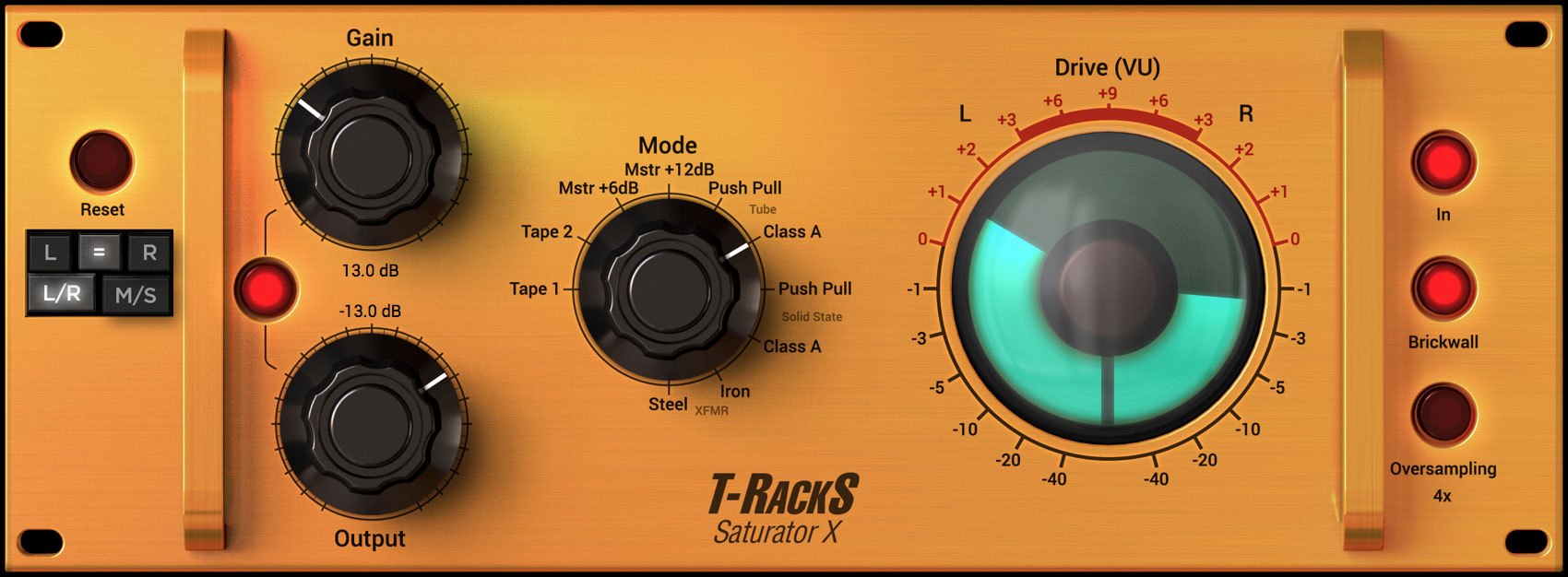music academy is an academic establishment that focuses on providing specialized coaching and schooling in numerous aspects of music, together with instrumental or vocal efficiency, music concept, composition, music history, and more. Music academies can cater to students of various ability ranges, from novices to superior musicians, and they could provide a wide selection of programs and courses.
Instrumental and Vocal Training: Music academies typically present instruction in a broad range of musical instruments, such as piano, guitar, violin, flute, and voice. Students may receive particular person or group lessons based mostly on their preferences and ability ranges.
Music Theory and Composition: Music academies usually provide programs in music principle, which covers matters like harmony, counterpoint, notation, and analysis. Some academies may also provide composition courses for those excited about creating their own music.
Ensemble and Performance Opportunities: Students at a music academy usually have the chance to participate in musical ensembles, such as orchestras, bands, choirs, or chamber teams. Regular performances, recitals, and live shows could also be organized to showcase college students' progress and skills.
Masterclasses and Workshops: Many music academies invite renowned musicians or professors to conduct masterclasses and workshops. These periods present college students with the chance to learn from specialists within the field and gain insights into advanced techniquesand interpretation.
Music History and Appreciation: Courses on music history and appreciation are commonly included in the curriculum. These classes cowl the historic development of music, main composers, and various kinds and genres.

Technology and Recording: Some music academies incorporate technology into their applications, providing courses on music production, recording strategies, and the use of software for music composition and editing.
Preparation for Examinations and Competitions: Music academies may prepare college students for music examinations performed by recognized examination boards. Additionally, they could assist students in participating in music competitions and festivals.
Facilities: A well-equipped music academy typically has apply rooms, performance areas, and access to musical instruments. This ensures that college students have the resources they need to develop their expertise.
Music academies can differ in their focus, size, and approach to music schooling. best free saturation plugin are geared towards preparing students for skilled careers in music, while others could emphasize music education for personal enrichment and delight. These establishments play a vital role in nurturing musical expertise, fostering a love for music, and contributing to the broader cultural and inventive community..
